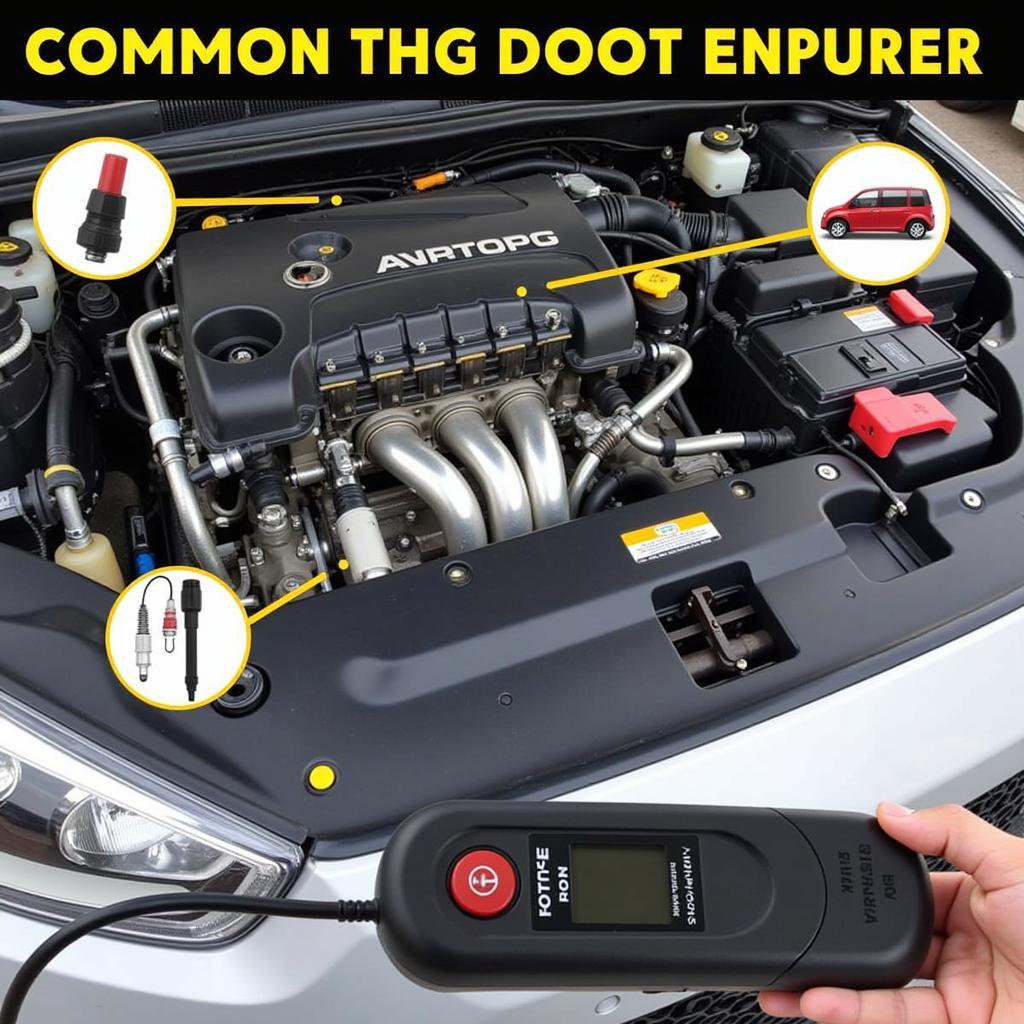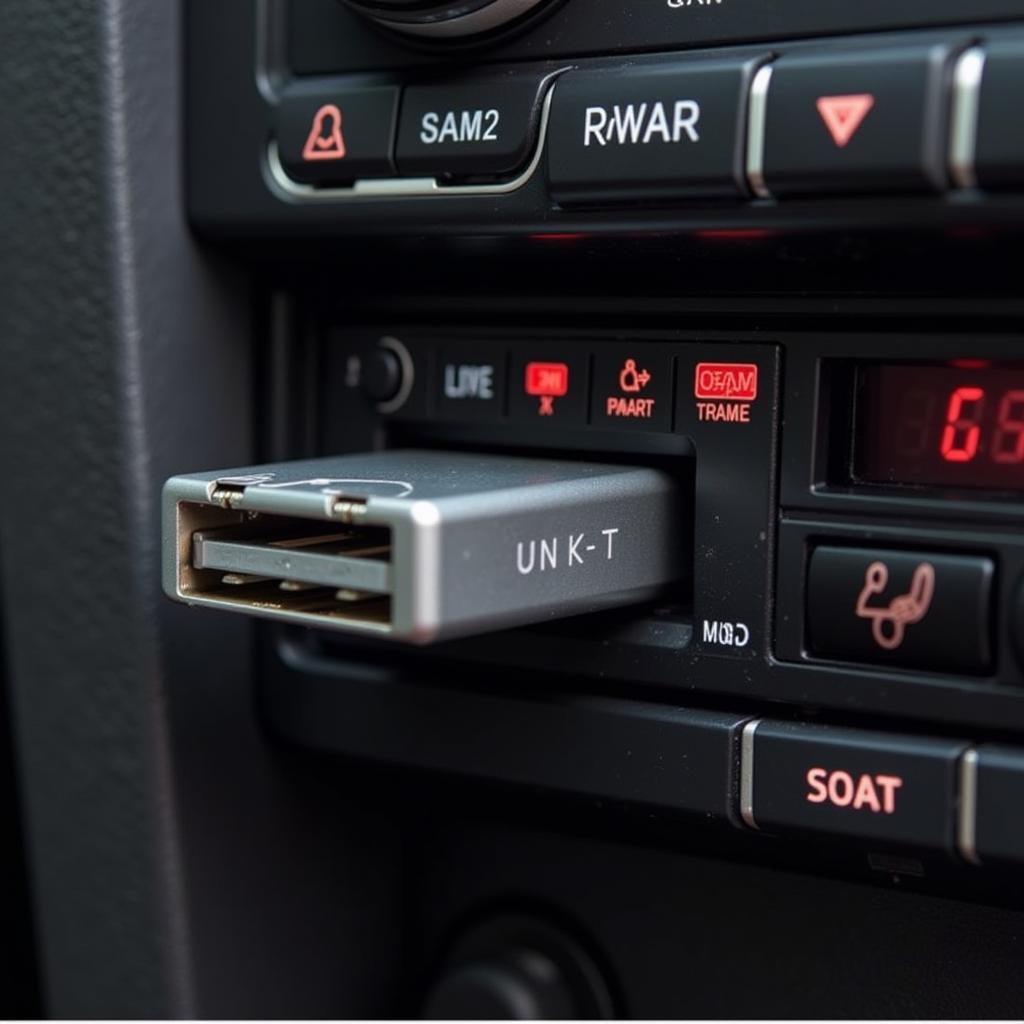Totaling a car can be a stressful experience, filled with uncertainty and difficult decisions. This guide provides comprehensive information about the complexities of totaling a car, from understanding the process to navigating insurance claims and exploring your options.
Understanding When a Car is Totaled
What does it actually mean when a car is “totaled”? It doesn’t necessarily mean the car is completely destroyed. Instead, it signifies that the cost to repair the vehicle exceeds its actual cash value (ACV), as determined by the insurance company. Several factors influence this decision, including the extent of the damage, the car’s age, mileage, pre-accident condition, and the current market value of similar vehicles.
What happens if your beloved classic car is damaged? Even minor damage can sometimes lead to a car being totaled due to the high cost of specialized parts and repairs. This can be especially frustrating for owners of vintage or rare vehicles.
The Role of Insurance Adjusters in Totaling a Car
Insurance adjusters play a crucial role in the totaling process. They inspect the damaged vehicle, assess the repair costs, and determine the ACV. Negotiating with the insurance adjuster is often necessary to ensure you receive a fair settlement.
What Are Your Options When a Car Is Totaled?
Once your car is declared totaled, you have several options:
- Accept the insurance settlement: This is the most common route. You receive a check for the ACV of your car, minus your deductible. You can then use this money to purchase a new vehicle.
- Keep the salvaged vehicle: Some insurance companies allow you to keep the totaled car, but they will deduct the salvage value from your settlement. This can be a good option if you have the resources and expertise to repair the vehicle yourself, or if you plan to sell it for parts.
- Negotiate with the insurance company: Don’t hesitate to negotiate if you believe the insurance company’s offer is too low. Provide evidence of your car’s value, such as recent repairs or upgrades.
What if you disagree with the insurance company’s valuation? You can seek an independent appraisal to challenge their assessment. This can help you get a fairer settlement.
Problems You Might Encounter When Totaling a Car
Totaling a car isn’t always straightforward. Several potential problems can arise:
- Disagreements with the insurance company about the car’s value: This is a common issue. Remember, you can always negotiate or obtain an independent appraisal.
- Difficulty finding comparable vehicles to determine market value: This is particularly true for older or less common models. Thorough research and documentation are key.
- Dealing with outstanding loans: If you still owe money on your car loan, the insurance settlement might not be enough to cover the remaining balance. This is known as being “upside down” on your loan.
- Hidden damage: Sometimes, the full extent of the damage isn’t apparent immediately. Ensure a thorough inspection is conducted to identify all potential issues.
Dealing with Loan Payoffs When Your Car is Totaled
One of the biggest Problems With Totaling A Car is dealing with loan payoffs. If you’re upside down on your loan, meaning you owe more than the car is worth, you’ll need to cover the difference. Consider Gap insurance to protect yourself from this situation.
Conclusion: Navigating the Challenges of a Totaled Car
Totaling a car can be a complicated and stressful experience. Understanding the process, your options, and potential problems can help you navigate this challenging situation effectively. Remember to document everything, negotiate with your insurance company, and seek professional advice if needed. Don’t hesitate to contact AutoTipPro at +1 (641) 206-8880 or visit our office at 500 N St Mary’s St, San Antonio, TX 78205, United States for assistance with any problems with totaling a car. We are here to help you every step of the way.






Leave a Reply